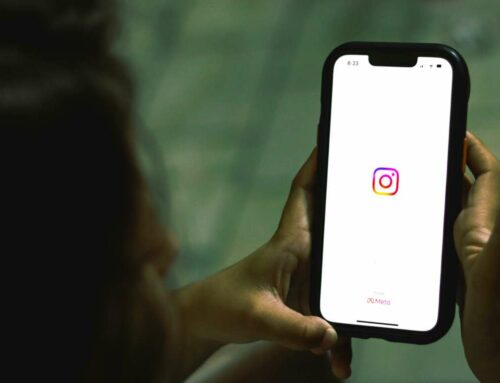
In our digital age, social media has become an integral part of our daily lives. From checking in with friends on Facebook to following our favorite celebrities on Instagram, social media has become a platform for connecting with people and sharing information. As a result, it has also become a powerful tool for businesses to reach new audiences and influence their buying decisions. In this article, we will explore how social media affects influence.
Social media has changed the way we consume information. It has democratized the spread of information, making it easier for anyone to create and share content. As a result, influencers have emerged as a new breed of celebrities. These influencers have large followings on social media platforms such as Instagram, YouTube, and TikTok, and they have the power to influence their followers’ opinions and buying decisions.
Influencer marketing has become a popular strategy for businesses to reach new audiences. Instead of relying on traditional advertising methods, businesses partner with influencers to promote their products or services. Influencers create content that showcases the product or service, and their followers see it as a recommendation from someone they trust.
The rise of influencer marketing has been driven by the changing behavior of consumers. People are no longer as receptive to traditional advertising methods such as TV commercials or billboards. Instead, they are more likely to trust recommendations from people they know or follow online. This is where influencers come in. They have built trust with their followers through their content and engagement on social media, and their followers are more likely to trust their recommendations.
One of the key ways social media affects influence is through the way content is consumed. Social media platforms use algorithms to determine what content is shown to users. These algorithms take into account factors such as the user’s interests, previous interactions, and engagement levels. As a result, users are more likely to see content that is relevant to them and that they are likely to engage with.
This has implications for businesses and influencers. In order to be successful on social media, they need to create content that is engaging and relevant to their audience. This means understanding their audience’s interests and preferences and tailoring their content accordingly.
Another way social media affects influence is through the way content is shared. Social media platforms make it easy for users to share content with their followers. This means that a single post from an influencer can reach a large number of people. This is particularly true on platforms like Instagram, where users can easily share posts in their stories or direct messages.
This has led to a phenomenon known as “micro-influence”. Micro-influencers are influencers with smaller followings, usually between 1,000 and 100,000 followers. While they may not have the reach of larger influencers, they have a more engaged audience. This means that their followers are more likely to trust their recommendations and take action based on them.
Micro-influencers are particularly effective for businesses targeting niche audiences. For example, a business selling eco-friendly products may partner with a micro-influencer who is passionate about sustainability and has a small but engaged following of people interested in eco-friendly living.
Social media also affects influence through the way content is presented. On platforms like Instagram, the visual aspect of content is particularly important. Influencers use high-quality images and videos to showcase products and services in an appealing way. This helps to create a desire for the product or service in the minds of their followers.
However, it’s not just about the visuals. The way content is presented through captions and hashtags is also important. Influencers use captions to provide context and tell a story about the product or service. Hashtags are used to make content discoverable to people who are interested in the same topics.
Businesses can learn from influencers when it comes to creating content that is engaging and visually appealing. By using high-quality images and videos, and telling a story through captions, businesses can create content that resonates with their audience and drives engagement.
In conclusion, social media has had a profound impact on the way influence works. Influencers have emerged as a new breed of celebrity, with the power to influence the opinions and buying decisions of their followers. Social media platforms have made it easier for influencers to reach large audiences, and for businesses to partner with them to promote their products and services. By creating engaging and visually appealing content that is tailored to their audience, businesses and influencers can harness the power of social media to influence their followers.


































